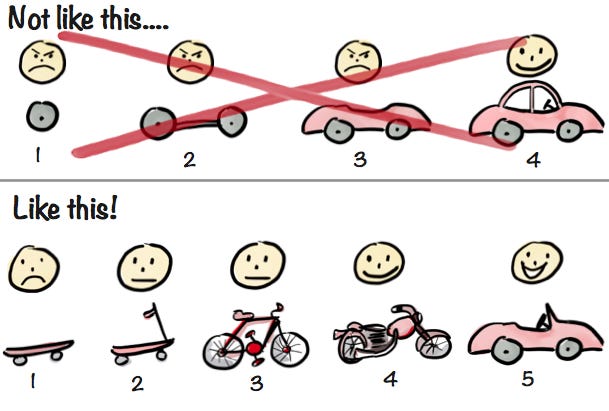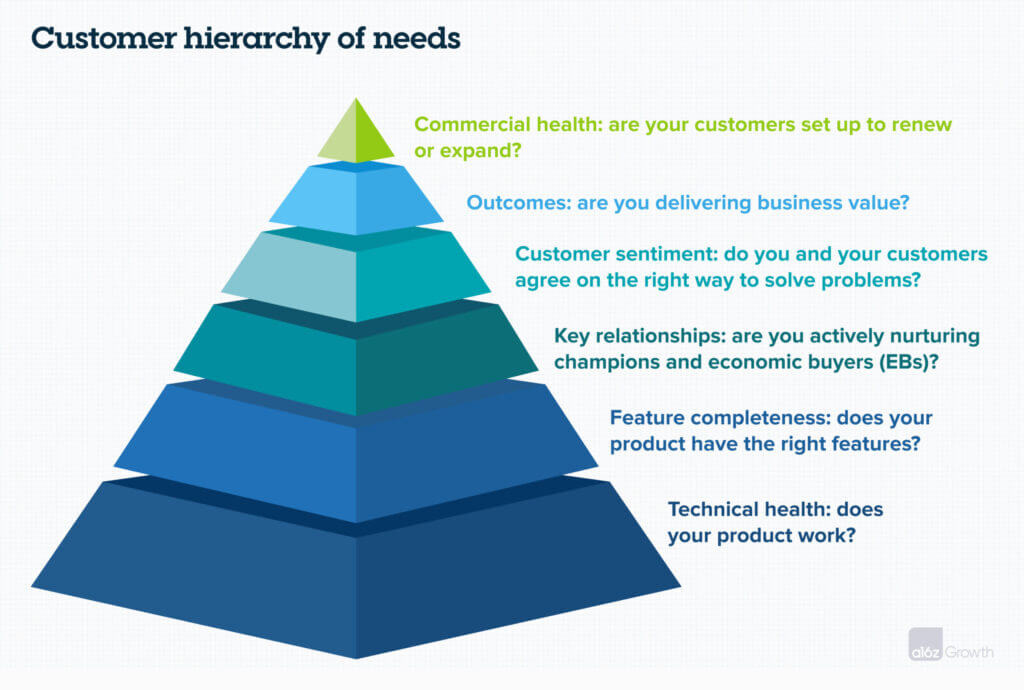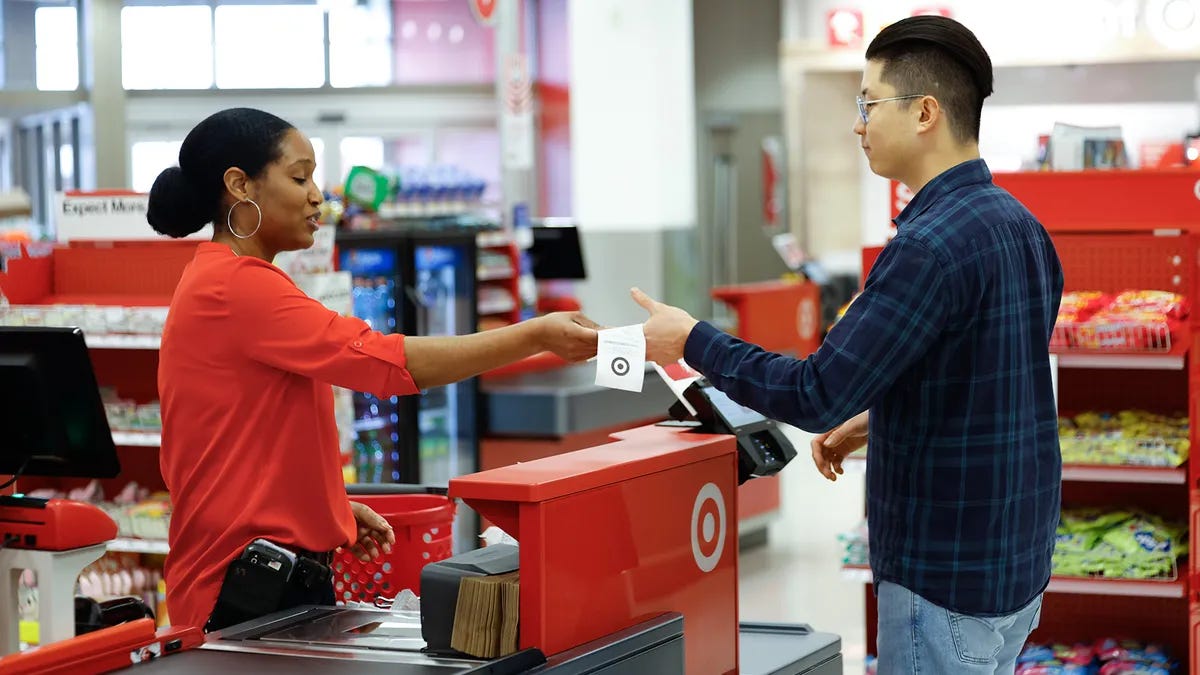DCX Links | June 23, 2024
From Selfish MVPs to Robots Growing Up: This Week's DCX Hot Takes!
Weekly inspiration, education, and coaching for customer-obsessed leaders.
Here are this week’s must-read links:
MVPs are Selfish
Customer Hierarchy of Needs
Augmentation not Replacement
Customer Advocacy: An Essential Guide
Predicting Human Behavior
Robots are growing up
Enjoy!
MVPs are Selfish
Your customers hate MVPs. Make a SLC instead.
I've been thinking a lot about how we approach product development, and this article really hit home. It challenges the popular MVP (Minimum Viable Product) concept, suggesting we aim for SLC (Simple, Lovable, Complete) instead. Here's why I think this matters for us in CX:
1. Customer-first mindset: MVPs can feel like we're using customers as guinea pigs. SLC puts their needs front and center. It's about creating something they'll actually want to use, not just tolerate.
2. Balancing simplicity and completeness: We often think complex equals better, but look at early versions of WhatsApp or Twitter. They were simple yet complete. It's a reminder that we don't need all the bells and whistles to deliver value.
3. Building love into the product: This resonates with me. Features aren't what make customers stick around - it's how the product makes them feel. Whether it's through great design, company culture, or really understanding our users, we need to focus on creating that emotional connection.
4. Flexibility in product evolution: I like how SLC gives us options. We can keep improving if needed, but we're not locked into constant updates. Sometimes, simple is enough.
5. Learning from real usage: While customer interviews are valuable, nothing beats seeing how people actually use our product. SLC lets us do this without compromising the user experience.
For us in CX, this approach could mean happier customers from the get-go, more meaningful feedback, and products that truly resonate. It's definitely got me rethinking how we approach our next project!
Thoughts?
Customer Hierarchy of Needs
Customer Success Is Broken. Here's How to Fix It. | Andreessen Horowitz (a16z.com)
Just as individuals require basic needs met before achieving higher-level fulfillment, customers need their foundational requirements addressed before they can truly succeed and find value in our products.
This article, by David Cummings of Andreessen Horowitz, dives into why many customer success (CS) teams aren't hitting the mark. The key problem? They're taking on too many roles and not focusing enough on what really matters: ensuring customers are thriving with the product.
Key Points:
Role Confusion: CS teams often overlap with sales, support, and services, diluting their impact.
Focus on Health: Shift focus to maintaining the customer's overall health and success with the product.
Data-Driven Insights: Use data to track account health, from technical issues to customer sentiment.
Specialized Responsibilities: Ensure CS handles only tasks suited to their expertise, leaving others to relevant departments.
Actions for CX Professionals:
Facilitate Collaboration: Help CS teams by fostering collaboration across departments to address customer needs holistically.
Implement Feedback Loops: Ensure there are strong feedback mechanisms between customers and product teams to continuously improve the product based on real user experiences.
Prioritize Training: Equip CS teams with training in data analysis and customer relationship management to better address and anticipate customer needs.
Reflecting on these points, what steps can you take to ensure your CS team meets these foundational needs effectively?
Like what you see and want to get full access? Upgrade and you'll get everything the free subscribers do, plus a whole lot more. Think exclusive content, in-depth analysis, and curated resources that will save you time and keep you on the cutting edge. You'll also get access to my Ultimate CX Templates Collection (a $24.99 value) and three gift subscriptions to share with your team or peers.
Augmentation not Replacement
Target AI tool coming in August for store employees (axios.com)
Target's recent unveiling of the new AI-powered "Store Companion chatbot" for employees particularly underscores a significant trend in retail that merits close attention.
Here’s what excites me:







